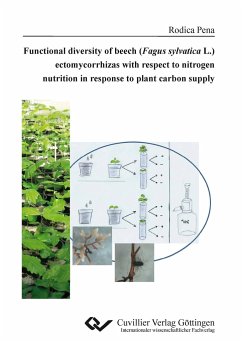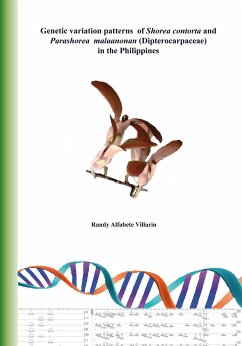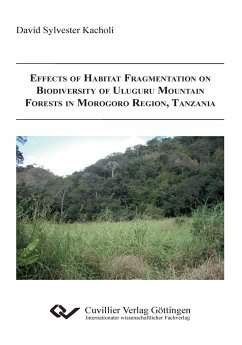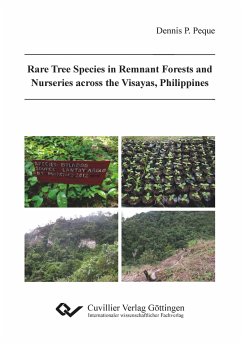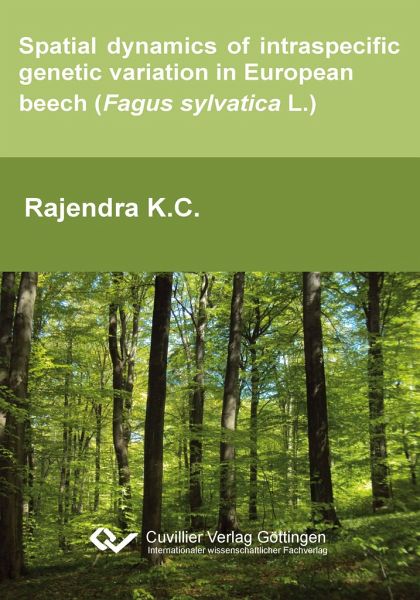
Spatial dynamics of intraspecific genetic variation in European beech (Fagus sylvatica L.)

PAYBACK Punkte
0 °P sammeln!
Fagus sylvatica is one of the most important tree species in Europe. Due to its extensive distribution and dominance in its range, the performance of European forests in the contexts of perceived climate change will largely depend on the reaction of beech forests. Adequate information about the genetic diversity and structure of the species is indispensable for the conservation and sustainable utilization of the forests. Forest management systems currently in use in Germany are considered sustainable. However, their impact on the genetic diversity and spatial genetic structure of F. sylvatica ...
Fagus sylvatica is one of the most important tree species in Europe. Due to its extensive distribution and dominance in its range, the performance of European forests in the contexts of perceived climate change will largely depend on the reaction of beech forests. Adequate information about the genetic diversity and structure of the species is indispensable for the conservation and sustainable utilization of the forests. Forest management systems currently in use in Germany are considered sustainable. However, their impact on the genetic diversity and spatial genetic structure of F. sylvatica is largely unknown. In these contexts, the main objectives of this dissertation were a) to assess the genetic diversity and differentiation of F. sylvatica at different spatial scales, b) to determine the level and magnitude of fine-scale genetic structure of the beech stands, c) to investigate the effect of forest management activities on the genetic diversity and fine-scale genetic structure of the beech stands independent of the marker used and d) to compare microsatellite and AFLP markers to estimate genetic diversity and structure of the stands, and their applicability to detect management impacts on genetic structure of the stand.




